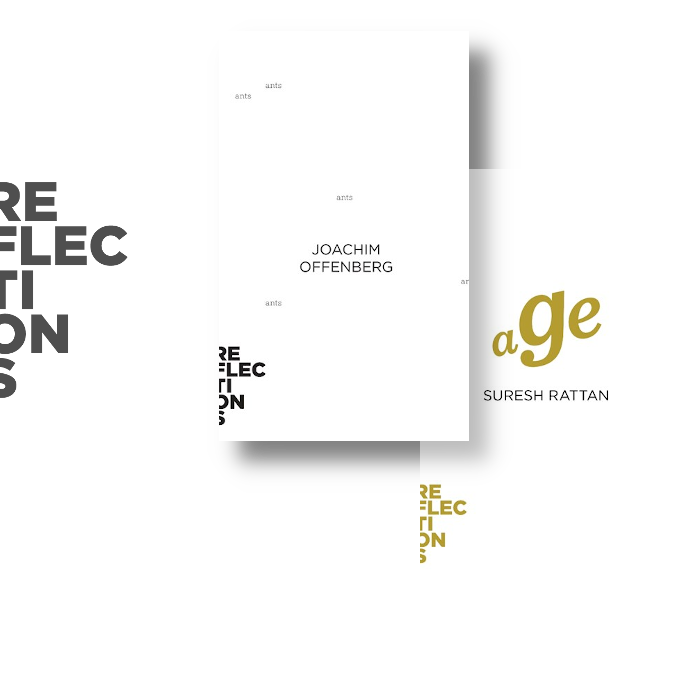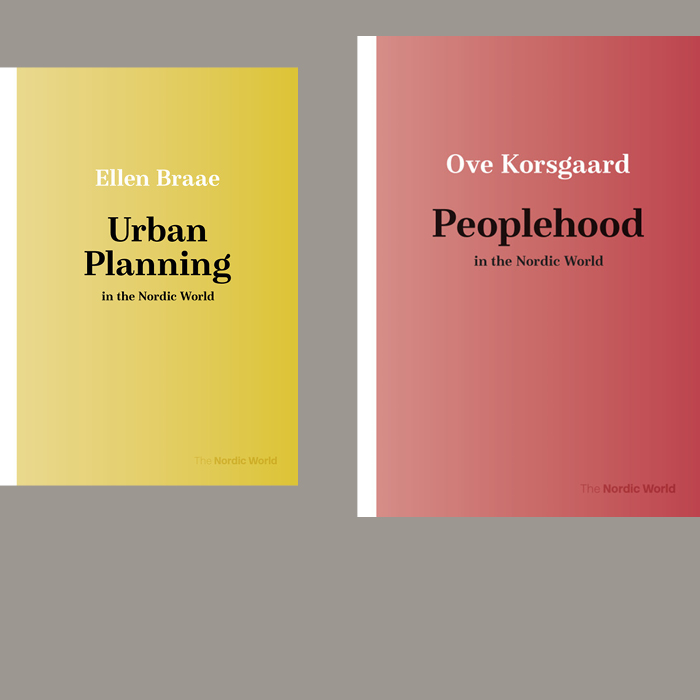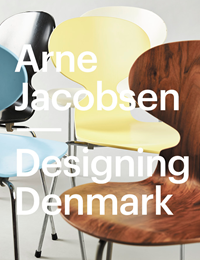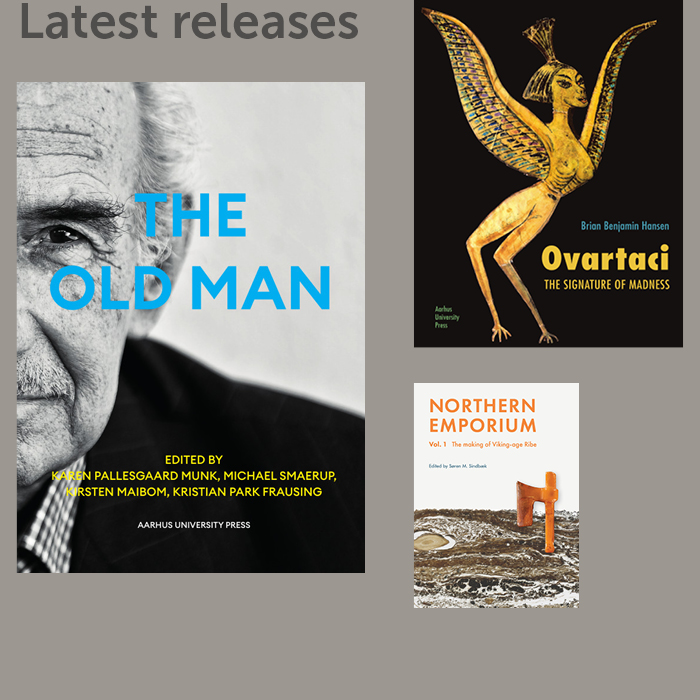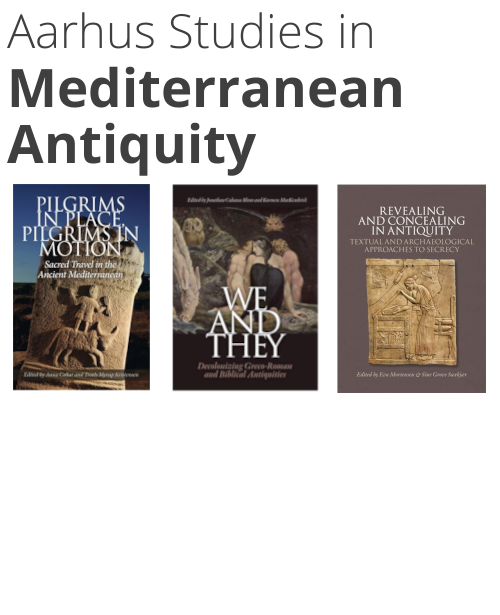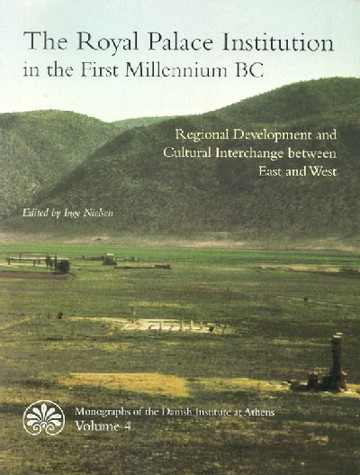
The Royal Palace Institution in the First Millennium BC
Regional Development and Cultural Interchange between East and West
A part of the series Monographs of the Danish Institute at Athens (4) , and the subject area Classical studies
Out of stock
Edited by
Inge Nielsen
With contributions by
Ilyas Babayev,
Rémy Boucharlat,
Graeme Clarke,
Iulon Gagoshidze,
M.B. Hatzopoulos,
Antonio Invernizzi,
Aminia Kanetsyan,
Florian Knauss,
Amélie Kuhrt,
Vachtang Licheli,
Stephen Lumsden,
Inge Nielsen,
Thierry Petit,
Chryssoula Saatsoglou-Paliadeli,
David Stronach and
Felix I. Ter-Martirossov
More about the book
About the book
The first millennium BC saw two great powers embracing the East-West divide: the Achaemenid and Hellenistic empires. The papers in this volume examine how their powerful new kings created palatial institutions suitable to reign subjugated lands with old monarchic traditions.
The royal palace, both the building and the institution, is regarded here as a microcosmos, a sort of lens through which to view historical topics such as the relationship between conquered and conqueror, notions of kingship, the development of monarchic roles and the mutual acculturation of East and West.
Simultaneously the centre of power and propagator of culture, the royal palace throws much light on other parts of society. For instance, the royal court played a normative role, creating buildings and social models that the aristocracy and urban upper class emulated.
"This is a truly impressive volume, bringing together people from Classical and Near Eastern tradition, with 17 chapters discussing such themes as power and identity in the neo-Assyrian world, palaces in Babylon, art and architechture in early Achaemenid palaces, palaces in Pasargadae and Susa, the Achaemenid presence in Caucasian Iberia, Urartian and Achaemenid palaces in Armenia, Caucasian Iberia in the post-Achaemenid period, palaces of the first centuries AD in Caucasian Albania and Iberia, etc. This book is stimulating for its new evidence and its critical approach to existing theories and interpretations." Ancient West & East
Table of contents
Introduction, Inge Nielsen
Palace and Polis: Dionysus, Scythia and Plutarch's Alexander, David Braund
Power and Identity in the Neo-Assyrian World, Stephen Lumsden
The First Palace of Amathus and the Cypriot Poleogenesis, Thierry Petit
The Palace(s) of Babylon, Amélie Kuhrt
From Cyrus to Darius: Notes on Art and Architecture in Early Achaemenid Palaces, David Stronach
The Palace and the Royal Achaemenid City: two Case Studies - Pasargadae and Susa, Rémy Boucharlat
Persian Rule in the North. Achaemenid Palaces on the Periphery of the Empire, Florian Knauss
Urartian and Early Achaemenid Palaces in Armenia, Aminia Kanetsyan
The Typology of the Columnar Structures of Armenia in the Achaemenid Period, Felix I. Ter-Martirossov
The Gardens of the Hellenistic Palaces, Inge Nielsen
Macedonian Palaces: Where King and City Meet, M.B. Hatzopoulos
The Palace of Vergina-Aegae and its Surroundings, Chryssoula Saatsoglou-Paliadeli
The Governor's Palace, Acropolis, Jebel Khalid, Graeme Clarke
Causasian Iberia in the Post-Achaemenid Period. The Chronology of the Principal Monuments, Vachtang Licheli
A Royal Palace in First Century Iberia. According to the Archaeological Material from Dedoplis Gora, Georgia, Iulon Gagoshidze
Excavations of Communal Buildings (Fourth Century BC - First Century AD) at Gabala, the capital of Caucasian Albania, Ilyas Babayev
Arsacid Palaces, Antonio Invernizzi
Authors' Addresses
